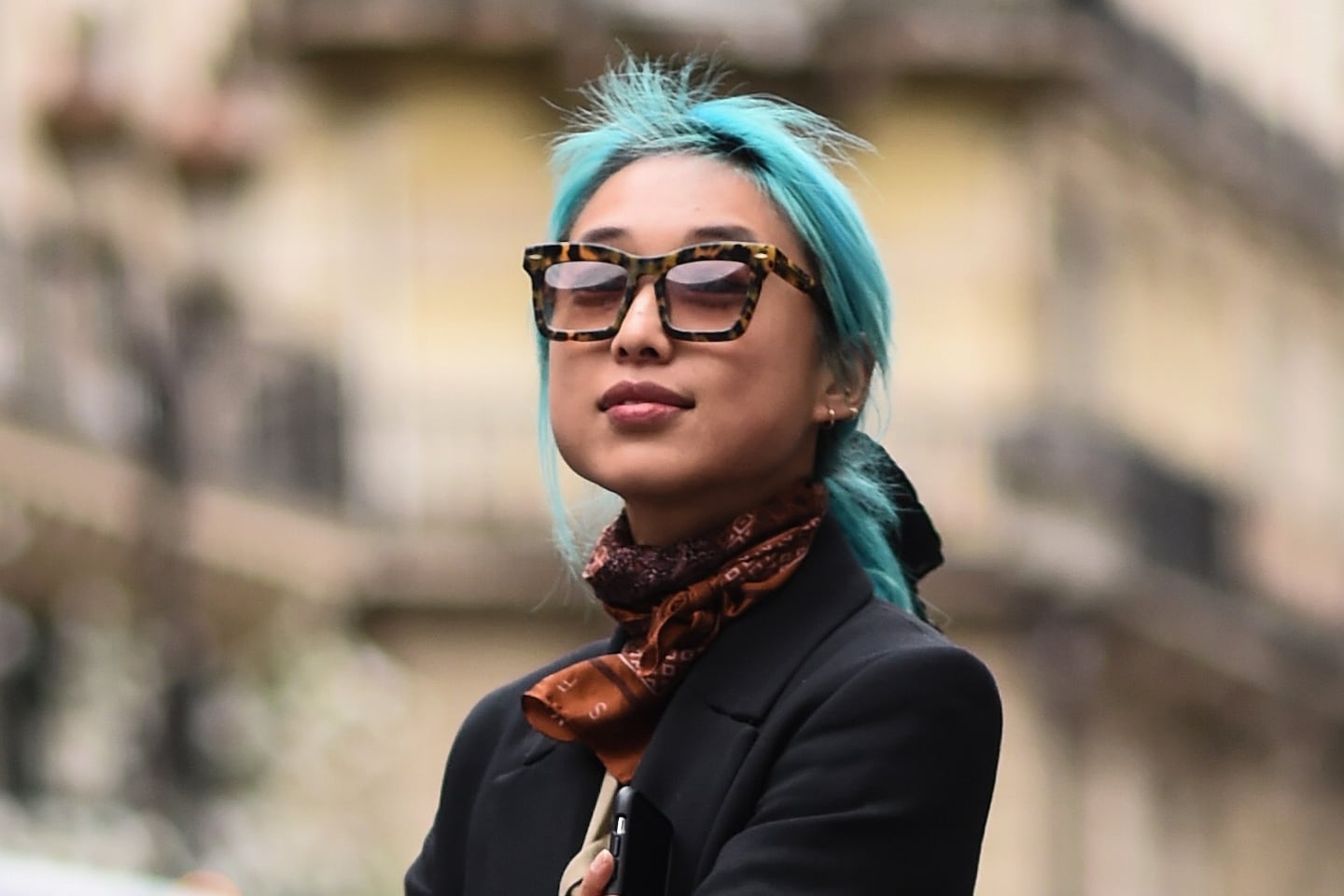The Business of Fashion
Agenda-setting intelligence, analysis and advice for the global fashion community.
Agenda-setting intelligence, analysis and advice for the global fashion community.

Margaret Zhang, editor-in-chief of Vogue China, will be leaving the publication at the end of March when her contract expires, BoF confirms. Condé Nast chief content officer Anna Wintour shared the news with Vogue China staff in an email on Friday.
Zhang’s appointment to the job in February 2021 made headlines at the time: Not only was she the youngest Vogue editor globally, she was also the first influencer to be named a top editor at any edition of Vogue, a sign of the fact that even Vogue could not deny the power of social media stars. She succeeded Vogue China’s founding editor Angelica Cheung, who departed in November 2020 amid a flurry of departures of international Vogue editors as parent company Condé Nast began to employ a global content strategy led by Wintour, also the editor-in-chief of American Vogue. She was notably one of the few new appointees who was able to retain the title of editor-in-chief; most are now called head of editorial content.
Over the course of her three years at the title, reception to Zhang’s work was mixed. Last year, Feng Chuxuan the ceo of Huasheng Media which operates the licenced Chinese editions of T Magazine, WSJ. Magazine and Wallpaper, blasted Zhang publicly on Chinese social media platform Weibo over a dispute from one of his publications and Vogue China planning cover shoots with model Du Juan in close timing. Feng, a powerful figure in Chinese publishing, accused Zhang, who was born and raised in Australia, of not having a deep enough understanding of the Chinese market.
However, other long-time Chinese fashion figures have come to Zhang’s defence like PR guru Melvin Chua. After a production mishap left Wintour and Zhang posing in front of a sagging curtain backdrop at a Vogue China event last December, Chua said that people were bullying Zhang and that the negative reactions were overly judgmental and harsh.
ADVERTISEMENT
Particularly after three years of closed borders from Covid-19, Chinese teams have become more insular and disconnected from their Western headquarters. The Chinese audience is also by now fully aware that the size of their market gives them outsized influence with fashion and luxury brands and they are unafraid to wield it.
Zhang’s departure comes just weeks after Edward Enninful, the former editor-in-chief of British Vogue, published his last issue of the magazine.
A successor has not yet been named. Wintour confirmed in an email to Vogue staff that a search is underway.
Inside Vogue’s strategy for winning over local audiences in Asia after a restructuring that gave Anna Wintour control over global editorial operations.

Diana Pearl is News and Features Editor at The Business of Fashion. She is based in New York and drives BoF’s marketing and media coverage.
Tiffany Ap is Senior Correspondent at The Business of Fashion. She is based in New York and covers marketing and the critical China market.
Luxury book publishers — and husband and wife — Prosper and Martine Assouline join BoF founder and editor-in-chief Imran Amed to discuss the genesis of their publishing business and how they are growing it into a global lifestyle brand.
Now under the ownership of British publisher Future, both Marie Claire and WhoWhatWear are contending with how to grow their new parent’s US operations in the ever-challenging media landscape.
Fast Company has named The Business of Fashion one of the ‘world’s most innovative companies’ for a second time for demonstrating ‘how a media brand can leverage AI to add reader value rather than erode trust with AI-written news articles.’
The ByteDance-owned app has big ambitions to be an e-commerce player in league with Amazon with influence in fashion on par with Instagram. Now it’s facing new threats — both from outside and within.